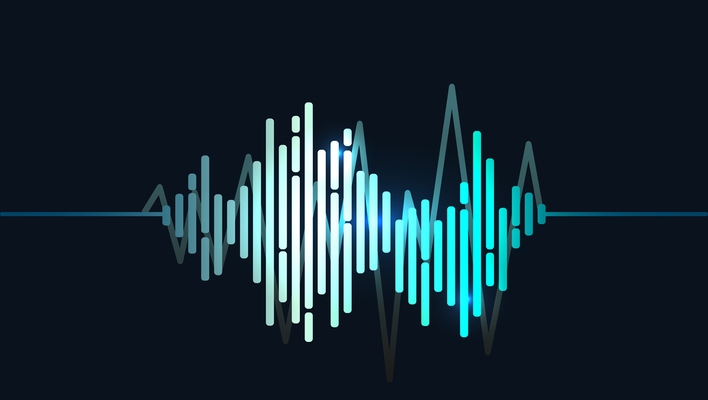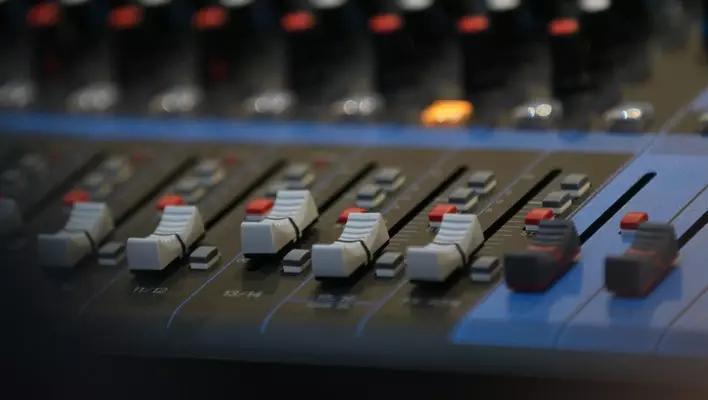Car audio enthusiasts, especially new car owners, are appalled at the sound quality of factory car stereos, and most are determined to improve their audio system. One of the best ways that you can ensure your system remains at peak performance is by adding a powerful amplifier and a set of new speakers.
While these measures will improve audio quality to a great extent, adding a DSP or an EQ is becoming a common thing in modern car audio applications and even home theater applications. Both DSPs (Digital Sound Processors) and EQs (Equalizers) are specialized devices that let you adjust and fine-tune the sound output of your car’s audio system.
The two not only enhance the value of your audio system but also amp up your driving experience. They also give full control over the entire car stereo while adjusting the sound output to better match your car’s acoustics and environmental conditions. But between equalizer vs DSP, which is best for you? Let’s take a closer look at these crucial car audio components and whether or not you need either of them.

What is an Equalizer?
An equalizer, or simply an EQ, is a specialized device that allows you to access tonal adjustments that are not catered for by the standard frequency controls (i.e. bass, midrange, and treble). In a standard setup, the equalizer is installed anywhere between the factory head unit and the aftermarket amplifier, but you can install one in the trunk or cargo area.
Once installed, you can use an equalizer to reduce or amplify different sound frequencies to your liking. In addition, equalizers offer a range of useful features that allows you to achieve the right tonal balance and greater control over your playback. That’s not all. Modern digital equalizers ensure that you don’t have to use physical dials to access a variety of frequency settings.

Importance of an Equalizer
Most high-end systems include individual controls for bass, midrange, and treble frequencies. However, adding an EQ allows you to take your system a step further by allowing you to fine-tune those frequencies while giving you an ultra-precise tone control.
What’s more, traffic noise or even general car noise has a negative impact on your car system’s sound. This is where an equalizer comes in to rectify the effects of your car acoustics by boosting all the frequencies that may be missing or tone exaggerated frequencies. In other words, an EQ help restore sound frequencies that get disrupted by noise or internal car acoustics.
Advantages of Equalizers
- Flexible installation options
- Most equalizers are more affordable than their DSP counterparts
- EQs are suitable for a variety of car audio and home theater applications
- Most EQs are easy to install and tune
- EQs help to eliminate distracting sounds
Disadvantages
- With equalizers, you can’t change output for individual channels—it adjusts the whole system collectively
Digital Sound Processor (DSP)
A Digital Sound Processor, just like an EQ, is designed to bring out the best of your car audio system. A DSP is used to resolve most frequency anomalies, but instead of adjusting the setting of the system collectively, a DSP helps adjust the frequencies of individual components.
Some high-end aftermarket car stereos often sound great since most come with an inbuilt EQ. However, adding a dedicated DSP takes your audio tweaking to a higher level while ensuring that you have more control over all frequency issues.
Function of DSPs
On top of its equalizing functions, a DSP acts as ‘crossover’, meaning it is designed to control which audio frequencies are directed to which speakers. With a DSP, you can fine-tune the sound output of your entire car stereo, right down the exact settings for individual channels.
A DSP is also able to align the speakers’ output to each other, popularly referred to as time alignment. What time alignment does is that it adjusts the output of individual speakers such that sound from each speaker reaches your ears concurrently. It also ensures that audio signals are sent to the speakers at the same time, so the listener is not able to pinpoint where the sound is coming from.
Installing a DSP vary from one system to another. However, most DSPs are incorporated into the head unit, meaning they can work with any factory or aftermarket car radio. Other units come as standalone that you can mount near your head unit or tuck it away in your storage compartment. Just like equalizers, wiring DSPs isn’t necessarily complex, and most will tap into your existing wiring harness seamlessly.
Advantages of DSPs
- Allows to adjust frequency output of individual components with precision
- DSPs incorporate time alignment, which is a crucial ingredient in achieving great sound
- They are compatible with any audio system
- With a DSP, you can customize your music depending on your application needs. This feature is especially helpful if you love to listen to different music genres that require unique settings
Disadvantages
- Generally, they are pricier
- Installation and operation are somewhat sophisticated
DSP vs Equalizer—Which is Superior?
The easiest way to find out what’s best for you between a digital sound processor vs equalizer is by trying out both devices by yourself. This might involve a bit of trial and error tweaking, but in the end, it will help you achieve the best sound from your car audio system.
An equalizer provides you with a platform for adjusting the frequency response, which helps to iron out unfavorable peaks in your audio system. The best part about an equalizer is that you can tweak one setting at a time as you figure out what note may be missing or overpowering in your sound.
On the other hand, a DSP offers the same features, but it takes your sound quality a step further by allowing alignment among individual frequencies, so the resulting sound is superior to what’s possible without one. As such, a DSP is a worthy upgrade, especially if your car stereo does not incorporate time alignment plus it lets you get the most out of your sound system regardless of the music you’re listening to.
Having said that, your car stereo can and should sound great even without an equalizer or a DSP, and having either of them only enhances your system. Adding a DSP or equalizer only offers better control over sound frequencies, but they won’t drastically improve the audio system if other components are not up to the task.
Frequently Asked Questions
Q: Does a DSP make a big difference?
Yes. A properly tuned DSP can significantly improve your system’s sound quality by offering precise tone control. However, a DSP alone is not enough, so you’ll still need to consider other factors such as replacing your factory car speakers, using high-quality music files, and improving interior car acoustics.
Q: Does an equalizer affect sound quality?
An equalizer is designed to alter the frequency of audio signals, and because of this, some audiophiles who prefer their music to be close to the original recording are against the idea of using an equalizer. However, a properly tuned EQ can help make your sound more articulate by fine-tuning the frequency range.
Parting Shot!
Good music can be a great way of enjoying your trips, but getting quality sound from your sound system can be an uphill task. Some commuters invest heavily in assembling sophisticated audio systems, but most tend to bypass little tweaks that may keep your car audio system from excelling. That said, adding a dedicated DSP or an equalizer provides a great opportunity to improve your listening experience without spending a fortune.
